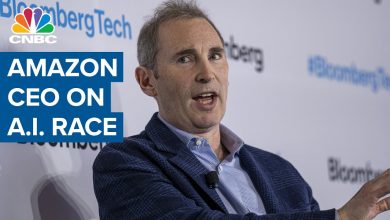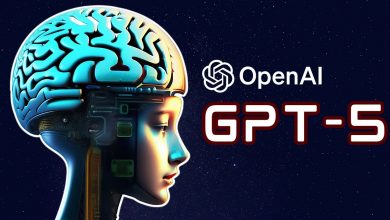How ChatGPT changes the future of programming | Stephen Wolfram and Lex Fridman
Wolfram believes that ChatGPT could have far-reaching implications for the future of programming.
Stephen Wolfram, the founder and CEO of Wolfram Research, is a renowned computer scientist and mathematician who has made significant contributions to the field of programming.
In a recent blog post, he shared his thoughts on how ChatGPT, an AI-based chatbot developed by OpenAI, will change the future of programming.
What is ChatGPT?
ChatGPT is an AI-based chatbot developed by OpenAI that uses natural language processing (NLP) to generate human-like responses to text-based queries. It is based on the GPT-3 language model, which has been trained on a massive corpus of text data and can generate highly coherent and contextually relevant responses to a wide range of queries.
How will ChatGPT change programming?
According to Wolfram, ChatGPT has the potential to revolutionize the way we program and interact with computers. Traditionally, programming has been a highly technical and specialized field that requires a deep understanding of programming languages, algorithms, and data structures. However, with the advent of ChatGPT, programming could become much more accessible and intuitive.
ChatGPT could allow users to interact with computers using natural language queries, rather than having to learn complex programming languages and syntax. This could make programming more accessible to a wider range of people, including those who may not have a technical background.
What are the implications of ChatGPT for the future of programming?
Wolfram believes that ChatGPT could have far-reaching implications for the future of programming. It could lead to the development of new programming paradigms that are more focused on natural language interaction and less on technical syntax. It could also lead to the development of new tools and platforms that make programming more accessible and intuitive.
However, Wolfram also notes that there are potential downsides to the use of AI-based chatbots in programming. For example, there is a risk that users may become overly reliant on ChatGPT and may not develop a deep understanding of programming concepts and principles. Additionally, there is a risk that ChatGPT may generate code that is inefficient or insecure, which could lead to problems down the line.
Despite these potential risks, Wolfram believes that ChatGPT is an exciting development that has the potential to transform the way we interact with computers and program them. As AI technology continues to advance, it is likely that we will see more innovations in this space that will further change the future of programming.



Way cool! Some very valid points! I appreciate you writing this article and the rest of the website is also very good.
I think everything posted was actually very reasonable.
But, what about this? what if you were to create a awesome title?
I am not suggesting your information isn’t solid., however suppose you added something that grabbed
a person’s attention? I mean How ChatGPT changes the future of programming | Stephen Wolfram and Lex Fridman – AiFutures.network is a little vanilla.
You should glance at Yahoo’s home page and note how they create post headlines to get viewers to open the links.
You might try adding a video or a picture or two to grab readers excited about everything’ve got
to say. In my opinion, it would make your posts
a little livelier.
Wow! This blog looks just like my old one! It’s on a entirely different subject but it has pretty much the same layout and
design. Wonderful choice of colors!
Hello, of course this piece of writing is in fact fastidious
and I have learned lot of things from it concerning blogging.
thanks.